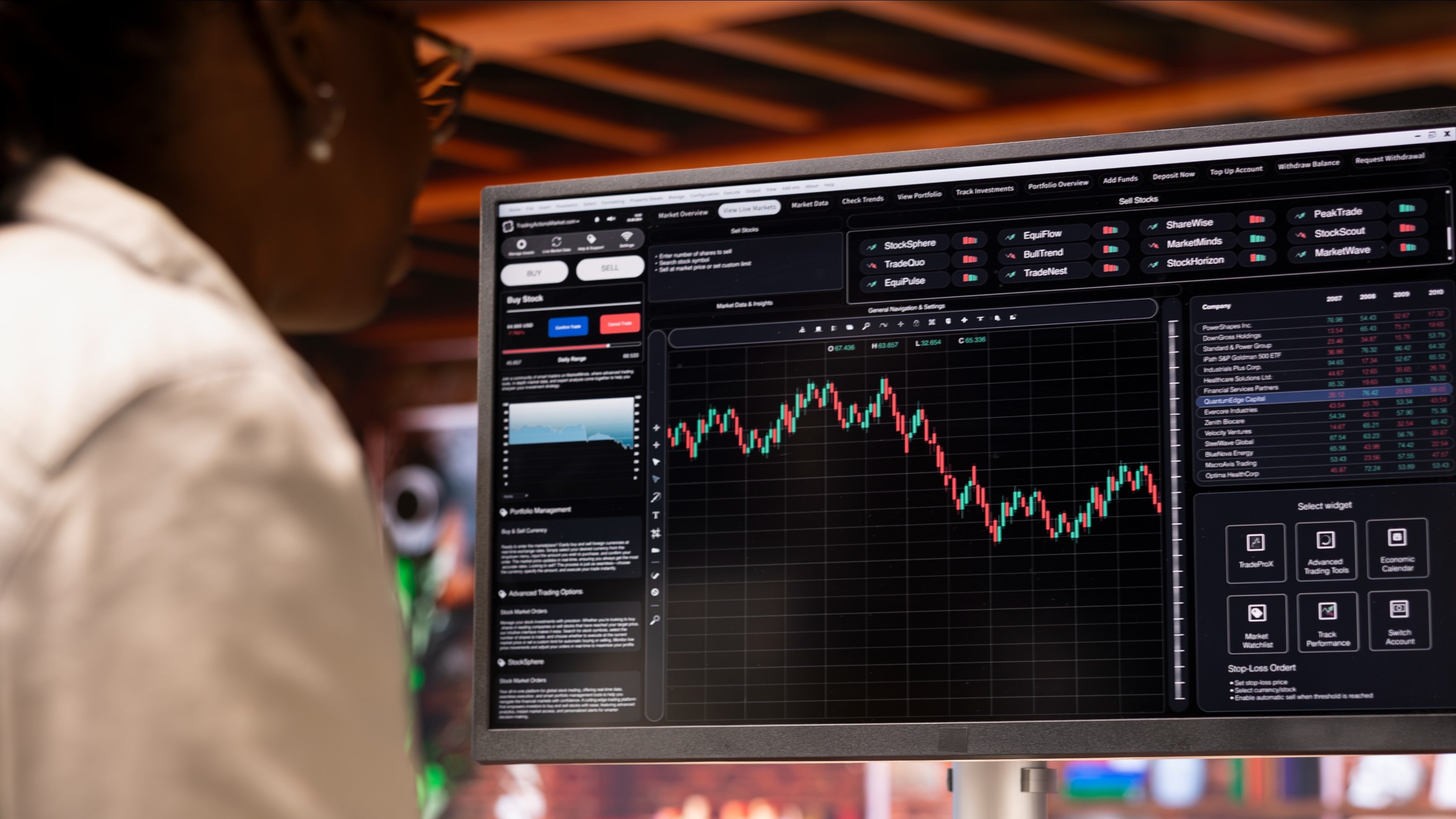Julius Baer has reiterated its 'overweight' rating on India citing the nation's macroeconomic stability and companies adopting newer technologies even as a surge in oil and commodities prices prompted others to sound caution.
The wealth manager maintained its 2022 target for the Sensex at 66,000 points, an implied upside of 14.5% from the current levels, according to its March 25 report. It also forecasts 9.7% GDP growth for the nation.
Julius Baer's optimism marks a contrarian call when overseas investors have been pulling out of Indian stocks. Foreign portfolio investors have net sold equities worth more than Rs 1 lakh crore in the first three months of the year. Morgan Stanley and Credit Suisse have flagged concerns over rising crude prices after Russia's invasion of Ukraine.
Morgan Stanley, in its March 9 note, said a rise in domestic policy rates may bring another bout of volatility beyond geopolitics. It identified the rise in crude prices as a major issue for India, and cut its Sensex target for December 2022 to 62,000, from 70,000 earlier.
Credit Suisse also slashed its India position to 'underweight' to account for the inflationary pressures as crude spiked. "Brent crude of $120 a barrel could add $60 billion to the country's import bill," it said in its March 8 report.
Julius Baer's Sectoral Preferences
Julius Baer prefers financial services and information technology, and pitted them for outperformance. It also maintained its long-term belief in India's "new economy" story.
It forecasts banks to see an earnings growth of 30% in FY2023. According to it, the rapid adoption of the digital economy and uptick in fundamentals are likely to drive growth in the IT sector. Julius Baer also said that automotive and real estate sectors have entered a multi-year growth cycle.
The benchmark Nifty has lost 3.1% in 2022, compared to 23.3% in 2021. Julius Bar attributes the loss solely to the currency volatility, and said it was natural for investors to be skeptical about India's continued outperformance.
The Swedish banking firm noted that the rise in crude prices above $120 could trim one percentage point from GDP growth, but such a reduction would be small.
Oil Prices And Inflation
If commodity costs remain at the current elevated levels, India Wholesale Price Index, or WPI, inflation would also remain in double-digits, according to Julius Baer.
However the impact on consumer inflation is expected to be less pronounced, it said. Julius Baer identifies accelerated adoption of technology in India and lesser relative sensitivity of crude prices on inflation compared to other Asian countries as favourable factors working for India.
Current And Fiscal Deficit
India's current account deficit should double to 3% of GDP due to sharp increase in global commodity prices, estimated Julius Baer. It foresees difficulties for the government to achieve its fiscal deficit target of 6.9% of GDP as well, in part due to the delay in the IPOs of Life Insurance Corp. and Bharat Petroleum Corp. as the government awaits better market conditions.
Rupee Resilience
Julius Baer forecasts the Indian rupee to stay at the current levels of 76 over the next three months, and appreciate to 74 over a 12-month period.
"Slower GDP growth, higher inflation and wider deficits should have put pressure on the Indian Rupee. But it has remained relatively resilient, depreciating 2.4% versus U.S. dollar in 2022".
According to Julius Baer, the $630 million in foreign exchange reserves held by the RBI provides it "with the arsenal to reduce volatility in the currency".
Reform measures such as performance-linked incentives for autos and white goods, an accommodative policy stance, and support to the economy through higher capital expenditures augured well for recovery, it said.
Geopolitical Risks
India's historically close relations with Russia could be a risk, especially if it continues to maintain diplomatic and economic channels with Russia, according to the research note. But on a long-term basis, the symbiotic relationship between India and the U.S. is likely to deepen further, it said.

 RECOMMENDED FOR YOU
RECOMMENDED FOR YOU




